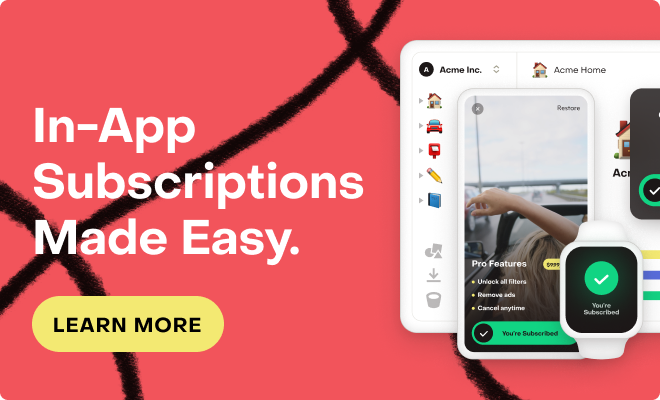We get a fair number customer support messages that state something along the lines of “The app forgot that I have premium access and I had to click restore purchases.” We store subscription status to a persistent state in redux so it is confusing to us where they may be losing access to their subscriber benefits. Have other apps dealt with this? Are there common race conditions on startup that can lead to this.
Anecdotally it seems to happen a lot with family sharing. Sometimes it’s user error (user signs in once, and then accidentally creates a new anonymous account). Looking for common patterns we may be handling incorrectly.
Is it common for apps to get customer support requests like these?




